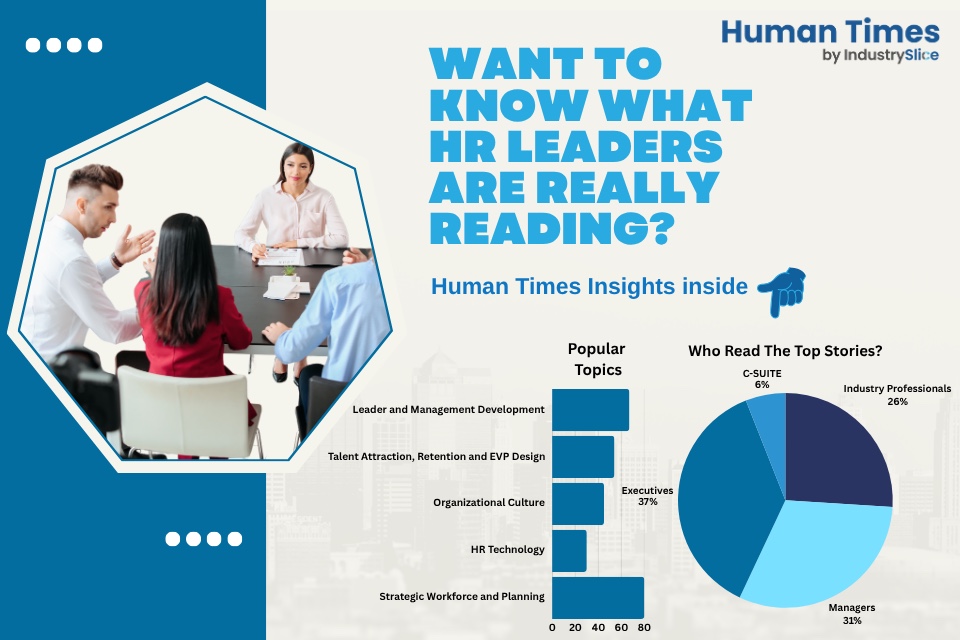Almost three in five (58%) UK employees are confident the government’s current strategy to close the digital skills gap will help make British businesses more competitive on the global stage.
The research by O’Reilly, conducted by Censuswide in April 2025 ahead of Learning at Work Week, sought to identify the perspectives of 2,000 UK employees towards current workplace L&D practices and government plans to close the UK skills gap.
It follows the government’s formation of Skills England last autumn and suggests the current workforce has a positive outlook on proposed plans to close the skills gap. This is despite recent analysis from In-Comm’s Training Barometer revealing more pessimism from business leaders.
Specifically, business leaders lack confidence in the government’s ability to close the current skills gap, with 61% unclear about what Skills England has been set up to do.
O’Reilly’s survey revealed that more than half (53%) of UK employees believe access to flexible learning opportunities to upskill or reskill the current workforce will be most impactful in closing the skills gap. While almost a third (31%) of employees recognised the importance of higher education in closing the skills gap, nearly two in five (39%) said increased investment in apprenticeship schemes would have a greater impact.
“The first Skills England report highlighted that the nationwide skills gap continues to grow”, saidAlexia Pedersen, SVP International at O’Reilly. “As many young people question the financial viability of higher education, Learning at Work Week provides an important reminder for employers that continuous, in-the-flow-of-work learning opportunities offer an alternative path into high-demand careers. Particularly in fields such as AI, cybersecurity, and cloud computing.
“At the same time, employees should feel empowered to drive forward their own learning, building skills for the future that will make them an invaluable asset to their organisation. This joint responsibility will be key to creating a highly skilled workforce that keeps British businesses at the forefront of their industries globally.”
Previous O’Reilly research surveyed 500 employers in large UK companies with more than 250 employees. The results showed that employers consider digital upskilling to be more cost-effective than expanding headcount to address skills shortages. Skills most in demand included AI, cybersecurity, cloud, and software architecture. Despite this, the latest O’Reilly research suggests UK employers are failing to measure the impact of their L&D investments.
Key findings include:
- More than a quarter (27%) of UK employees confirmed there are no clear expectations or structured support for them to leverage the L&D opportunities available to them.
- More than one in ten (14%) UK employees said L&D is not connected to their performance reviews. A further 16% said L&D is either rarely or never discussed in their performance reviews.
- While the majority (74%) of UK employees believe their organisation has increased its use of workplace technologies over the past twelve months, a third (33%) said their employer has offered the same or fewer tech-related L&D opportunities over the same period.
- However, nearly two-thirds (61%) are confident their employer is offering regular AI training to help them keep pace with the rate of technological development.
- When asked what technical L&D opportunities appealed to them most, UK employees showed an interest in GenAI (43%), automation and machine learning (35%), robotic process automation (16%), and quantum computing (13%) topics.
- However, more than a third (34%) said a lack of time prevented them from pursuing tech-focused learning opportunities. Almost one in five (19%) employees also said they lack access to learning materials at their point of need.
- Streamlining workforce and L&D strategies now could yield significant wins in the war for talent—with nearly a third of UK employees confirming that investment in continuous learning (30%) and a highly skilled team/workforce will be most important to them when considering their next role.
Pedersen concluded: “With a stronger focus on upskilling, businesses will continue to build a sustainable talent pipeline that helps them truly bridge the skills gap. Only by fostering a culture of continuous learning—through on-the-job training, with access to contextually relevant and high-quality learning materials at the employee’s point of need—will organisations be equipped to enhance innovation that drives business competitiveness and growth.”
Photo by Becomes Co on Unsplash









